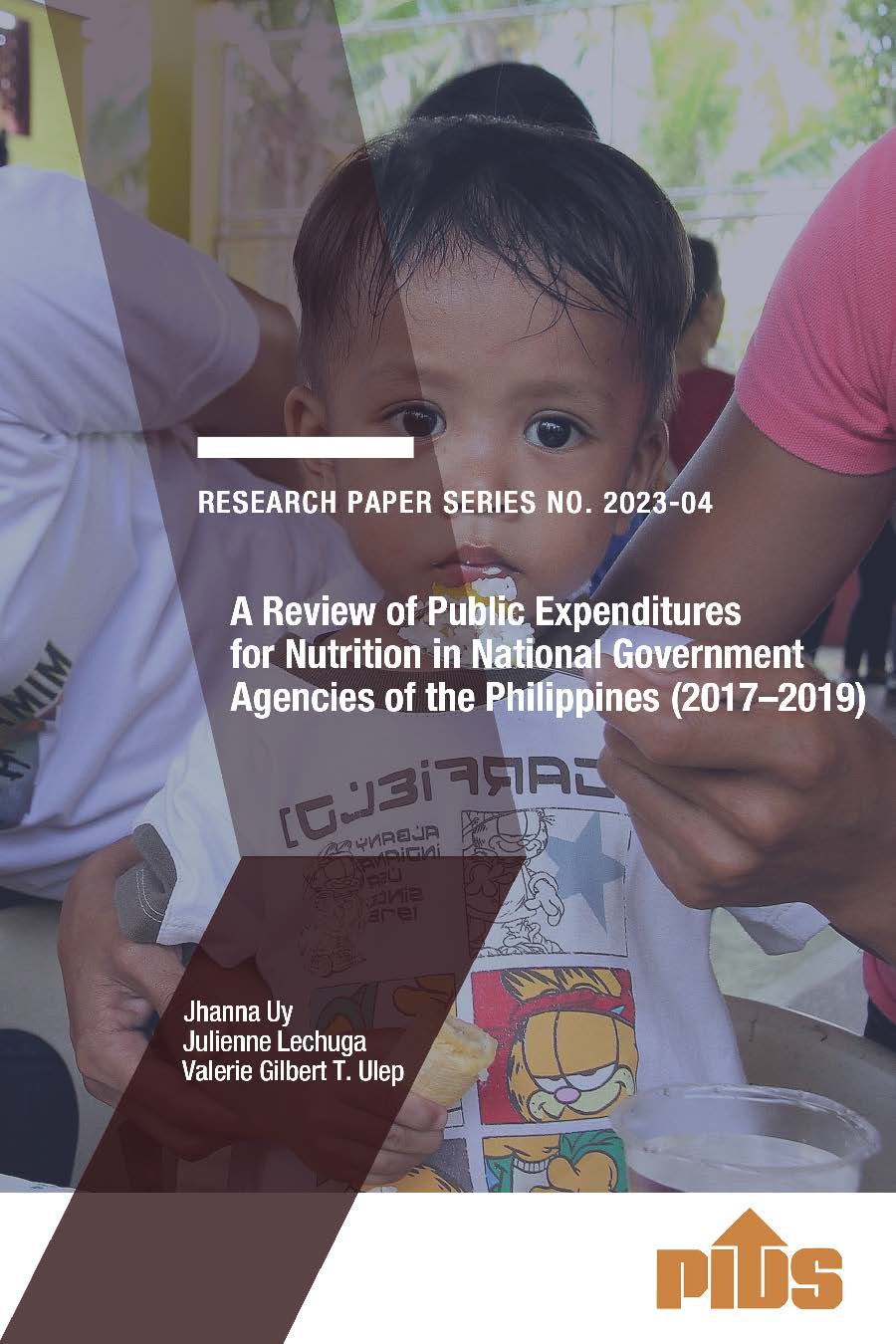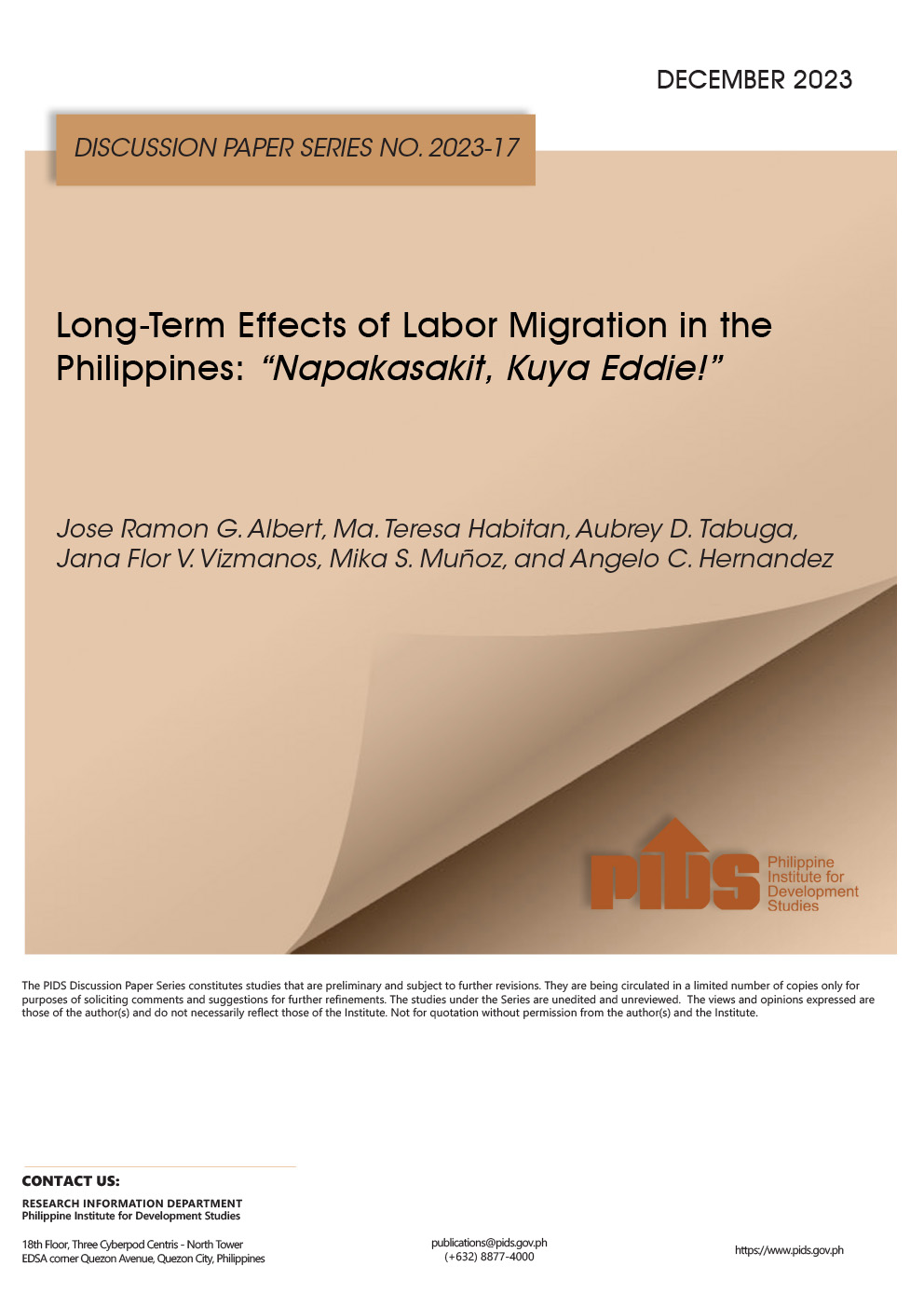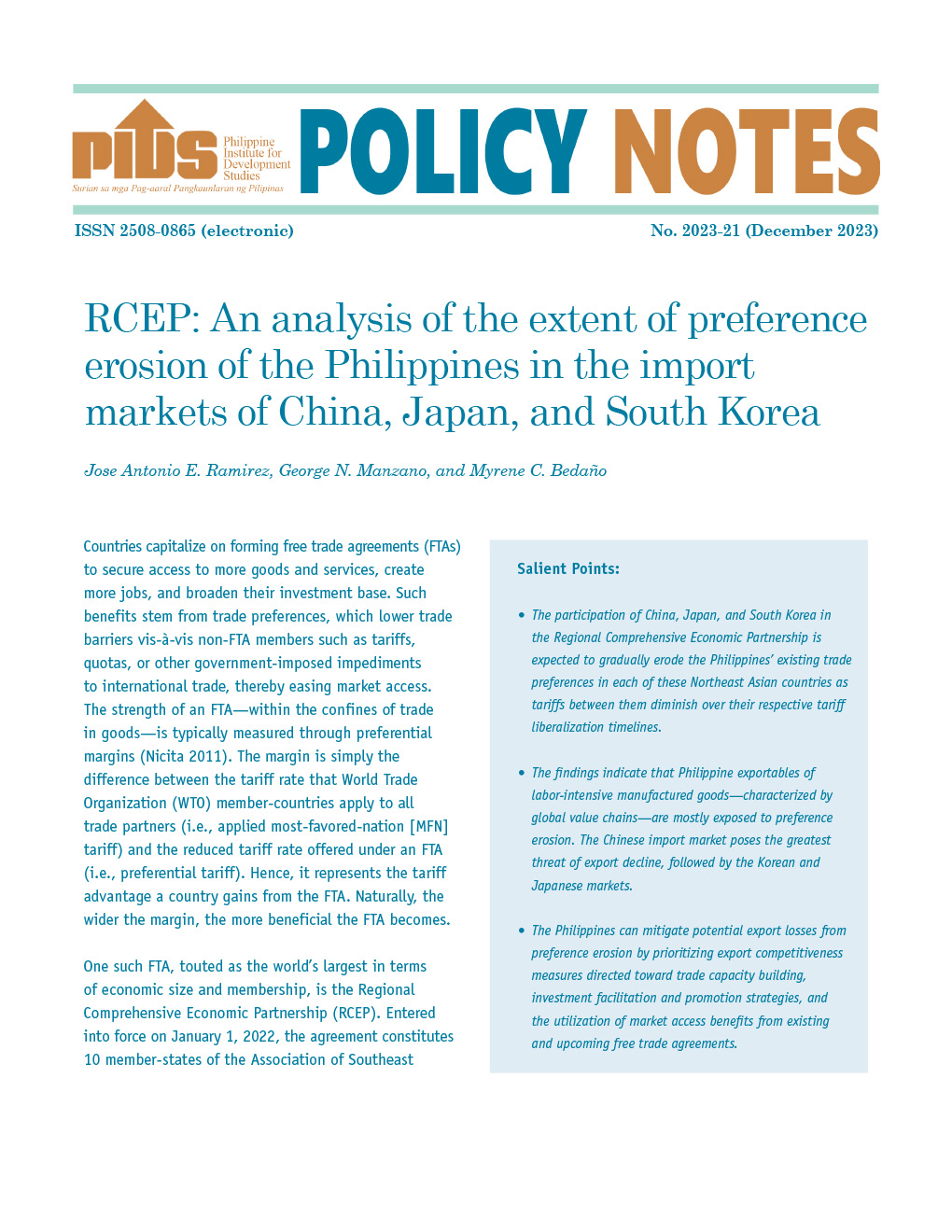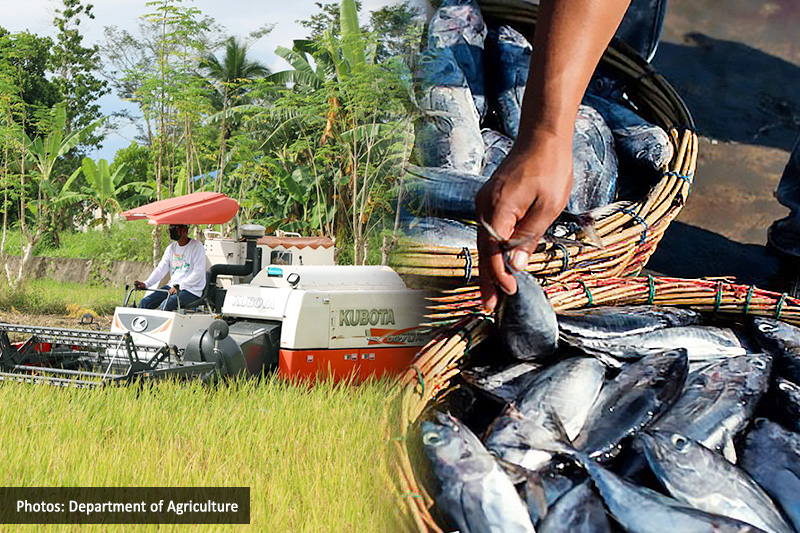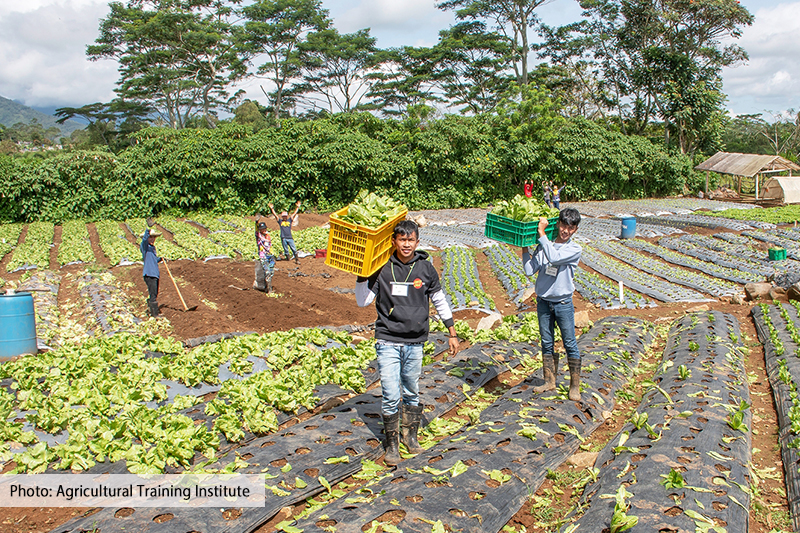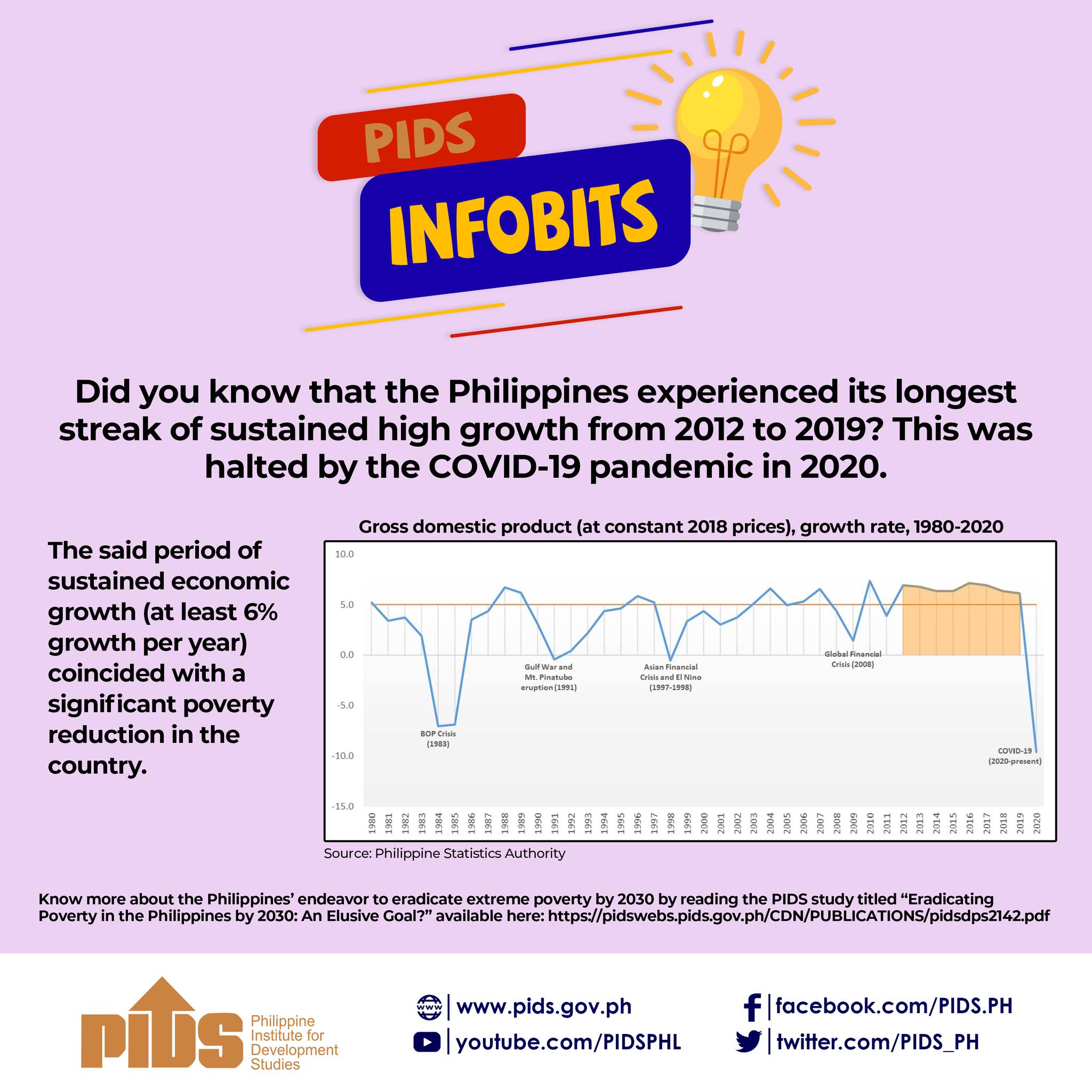THE country’s agricultural exports in 2019 managed to rise by 8.6 percent to nearly $5 billion, the second-highest recorded in the previous decade, as banana shipments were able to offset the decline in coconut-based exports, preliminary government data showed.
Economists said, however, that the expansion of agro-based exports is still “anemic” as the Philippines remains dependent on a few commodities, which are mostly raw farm goods, instead of value-added products.
Preliminary data released by the Philippine Statistics Authority (PSA) indicated that the total agro-based exports last year reached $4.98 billion, higher than the $4.584 billion recorded in 2018.
This was the second-highest recorded revenue from agro-based products in the previous decade after the $5.13 billion recorded in 2017, data from the PSA showed.
Figures also indicated that banana shipments, which rose by 40 percent to a record-high of nearly $2 billion, bannered the country’s agro-based exports last year. Bananas allowed total receipts to end 2019 in the black despite the slump in shipments of coco-based products, particularly coconut oil, which used to be the top farm export of the Philippines.
Shipments of banana accounted for 38.75 percent of total agro-based shipments in 2019, up from 30.14 percent in 2018, PSA data showed.
Global coconut oil prices, which started to fall in 2017, remained low. This hampered the country’s coconut oil shipments and caused receipts from the commodity to fall below the $1-billion mark for the first time in the previous decade.
Coconut oil shipments last year fell 14.5 percent to $919.849 million, from $1.075 billion in 2018, PSA data showed. Total coconut-based export products declined 16.9 percent to $1.278 billion, from $1.538 billion recorded in 2018.
Value-adding
Economists told the BusinessMirror that the decline in receipts from coconut oil should serve as a wake-up call to policy-makers and prompt them to encourage the shipment of value-added products.
Roehlano M. Briones, Philippine Institute for Development Studies (PIDS) senior research fellow, said ideally the country should have a diverse portfolio of agricultural exports.
“We have pointed out that the problem has been systemic. The growth of agricultural exports has been anemic because we are dependent only on a few export mainstays. And given the vagaries of world market when one of our agriculture exports is down, the whole export portfolio is affected,” Briones told the BusinessMirror.
“It [farm exports] should be diversified. So, when one item is down, another commodity could offset the losses,” he added.
One thing the government could explore and pursue is the ramping up of production and value-adding of “other” agricultural exports, such as avocado and mangosteen, which are in demand in other countries.
This, Briones pointed out, would avoid the possibility that other budding farm export winners will suffer the same fate that befell coconut-based products.
“We should have a long-term ambition to promote and develop other crops. If we do not start now then we will never get started. If we get our act together by pursuing aggressive research and development, then we would improve the productivity of other crops,” he said.
“So, when coconut is down, our avocado exports could offset the losses. We also have jackfruit and mangosteen. So we have the opportunity to develop our niche export markets,” he added.
Economist Pablito M. Villegas said it is not yet too late for coconut exports to recover but the government and the private sector should work on promoting the production of other high-value farm products aside from coconut oil.
“We are only a small part of the world oil market. So the best way is to shift to other coconut markets such as coconut coir, virgin coconut oil, the nontraditional markets,” he told the BusinessMirror.
The country’s avocado exports last year expanded by 46 percent to $1.341 million, from $918,785 in 2018 while exports of mangosteen surged to $55,670 from $1,149, PSA data showed.
Also, receipts from durian exports more than doubled to $2.613 million from $1.206 million while jackfruit shipments grew by 50 percent to $84,072 from $56,005. The country’s dragon fruit exports in 2019 reached $140,077, compared to just $1,288 in 2018.
The Department of Agriculture has vowed to partner with the private sector and farmers’ groups to improve the country’s farm exports via diversification and expansion of value chain from farms to processing.
“We will push for more exports of farm and fishery products to propel the agri-industrialization of the Philippine countryside,” Agriculture Secretary William D. Dar said in a previous statement.
“We need to have a systematic and long-term strategy to develop and promote exports of both raw and processed agricultural and fishery products,” Dar added.
Economists said, however, that the expansion of agro-based exports is still “anemic” as the Philippines remains dependent on a few commodities, which are mostly raw farm goods, instead of value-added products.
Preliminary data released by the Philippine Statistics Authority (PSA) indicated that the total agro-based exports last year reached $4.98 billion, higher than the $4.584 billion recorded in 2018.
This was the second-highest recorded revenue from agro-based products in the previous decade after the $5.13 billion recorded in 2017, data from the PSA showed.
Figures also indicated that banana shipments, which rose by 40 percent to a record-high of nearly $2 billion, bannered the country’s agro-based exports last year. Bananas allowed total receipts to end 2019 in the black despite the slump in shipments of coco-based products, particularly coconut oil, which used to be the top farm export of the Philippines.
Shipments of banana accounted for 38.75 percent of total agro-based shipments in 2019, up from 30.14 percent in 2018, PSA data showed.
Global coconut oil prices, which started to fall in 2017, remained low. This hampered the country’s coconut oil shipments and caused receipts from the commodity to fall below the $1-billion mark for the first time in the previous decade.
Coconut oil shipments last year fell 14.5 percent to $919.849 million, from $1.075 billion in 2018, PSA data showed. Total coconut-based export products declined 16.9 percent to $1.278 billion, from $1.538 billion recorded in 2018.
Value-adding
Economists told the BusinessMirror that the decline in receipts from coconut oil should serve as a wake-up call to policy-makers and prompt them to encourage the shipment of value-added products.
Roehlano M. Briones, Philippine Institute for Development Studies (PIDS) senior research fellow, said ideally the country should have a diverse portfolio of agricultural exports.
“We have pointed out that the problem has been systemic. The growth of agricultural exports has been anemic because we are dependent only on a few export mainstays. And given the vagaries of world market when one of our agriculture exports is down, the whole export portfolio is affected,” Briones told the BusinessMirror.
“It [farm exports] should be diversified. So, when one item is down, another commodity could offset the losses,” he added.
One thing the government could explore and pursue is the ramping up of production and value-adding of “other” agricultural exports, such as avocado and mangosteen, which are in demand in other countries.
This, Briones pointed out, would avoid the possibility that other budding farm export winners will suffer the same fate that befell coconut-based products.
“We should have a long-term ambition to promote and develop other crops. If we do not start now then we will never get started. If we get our act together by pursuing aggressive research and development, then we would improve the productivity of other crops,” he said.
“So, when coconut is down, our avocado exports could offset the losses. We also have jackfruit and mangosteen. So we have the opportunity to develop our niche export markets,” he added.
Economist Pablito M. Villegas said it is not yet too late for coconut exports to recover but the government and the private sector should work on promoting the production of other high-value farm products aside from coconut oil.
“We are only a small part of the world oil market. So the best way is to shift to other coconut markets such as coconut coir, virgin coconut oil, the nontraditional markets,” he told the BusinessMirror.
The country’s avocado exports last year expanded by 46 percent to $1.341 million, from $918,785 in 2018 while exports of mangosteen surged to $55,670 from $1,149, PSA data showed.
Also, receipts from durian exports more than doubled to $2.613 million from $1.206 million while jackfruit shipments grew by 50 percent to $84,072 from $56,005. The country’s dragon fruit exports in 2019 reached $140,077, compared to just $1,288 in 2018.
The Department of Agriculture has vowed to partner with the private sector and farmers’ groups to improve the country’s farm exports via diversification and expansion of value chain from farms to processing.
“We will push for more exports of farm and fishery products to propel the agri-industrialization of the Philippine countryside,” Agriculture Secretary William D. Dar said in a previous statement.
“We need to have a systematic and long-term strategy to develop and promote exports of both raw and processed agricultural and fishery products,” Dar added.

